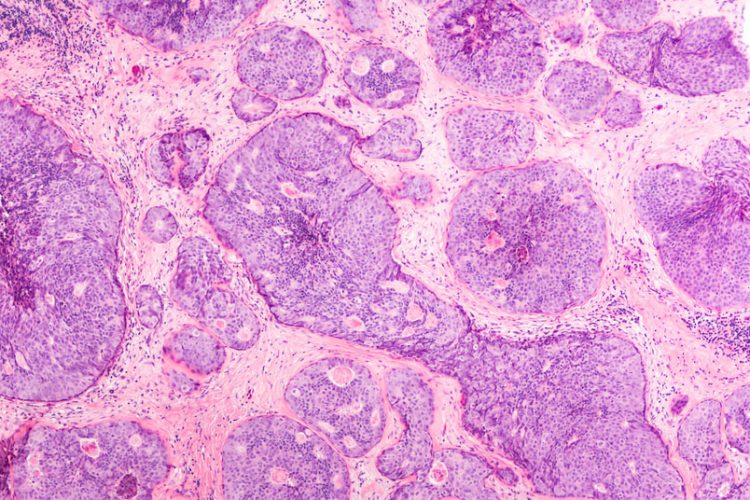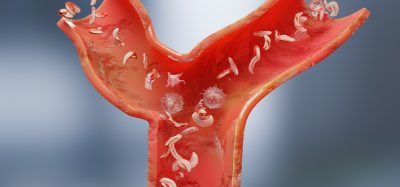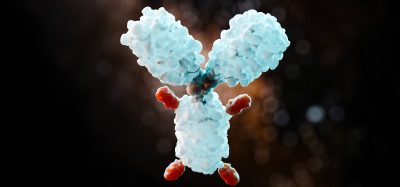Researchers identify compound to prevent breast cancer cells from activating in brain
Posted: 23 March 2018 | Drug Target Review | No comments yet
Researchers have used computer modelling to find an existing investigational drug compound for leukaemia patients to treat triple negative breast cancer…


Researchers have used computer modelling to find an existing investigational drug compound for leukaemia patients to treat triple negative breast cancer once it spreads to the brain.
The Houston Methodist researchers culled through thousands of existing drugs to see if they could identify a compound that would prevent cancer cells from spreading or metastasising. They discovered edelfosine, which has been FDA-approved as an investigational leukaemia treatment and has also been used in clinical research for primary brain tumours.
The scientists explained how they injected triple-negative breast cancer stem cells from patients into mice. After treating them with this compound, the cancer stem cells did not grow once they metastasized to the brain.
“This compound stopped the cancer cells from communicating with brain cells as they travelled from the breast to the brain. Repurposing a drug compound to prevent the spread of cancer could be a game-changer in the prevention and treatment of metastatic brain disease,” said Dr Stephen T. Wong chair of the systems medicine and bioengineering at Houston Methodist Research Institute and one of the corresponding authors.
Triple negative patients usually have shorter survival time after diagnosis of brain metastasis, suggesting that these tumour cells adapt much more readily once they’ve moved to the brain. Triple negative remains the most challenging type of breast cancer to treat and tends to show more traits possessed by cancer stem cells than other breast cancer subtypes.
“Viable treatment options for brain metastases are still an unmet need,” said Dr Hong Zhao, assistant professor of systems medicine and bioengineering at Houston Methodist Research Institute and co-corresponding author. “Since edelfosine is already FDA-approved, we want to try and move this compound into a phase II clinical study for metastatic brain cancer in the next few years.”
Bringing a new drug to market can cost billions of dollars and take up to 17 years. This isn’t the first time Dr Wong and his lab have explored repurposed drugs for breast cancer. In 2011, they applied big data mathematical and bioinformatics models to screen for existing FDA-approved medications that might be effective against cancer stem cells. In collaborating with the Houston Methodist Cancer Center, they identified the anti-malarial drug chloroquine as a potential cancer stem cell killer. A few years ago, the group discovered another existing compound that improved blood flow in damaged hearts, also proved to be effective in treating locally advanced or metastatic triple negative when combined with chemotherapy. Both drugs are currently in clinical trials.
Dr Wong and his lab want to see if edelfosine could be incorporated into future clinical research focused on other tumour sites such as lung, ovarian and pancreatic cancers.
The study has been published in Cancer Research.
Related topics
Drug Development, Drug Targets, Immuno-oncology, Immuno-oncology therapeutics, Immunotherapy, Oncology
Related conditions
Breast cancer, Cancer
Related organisations
Houston Methodist
Related people
Dr Hong Zhao, Dr Stephen T. Wong








